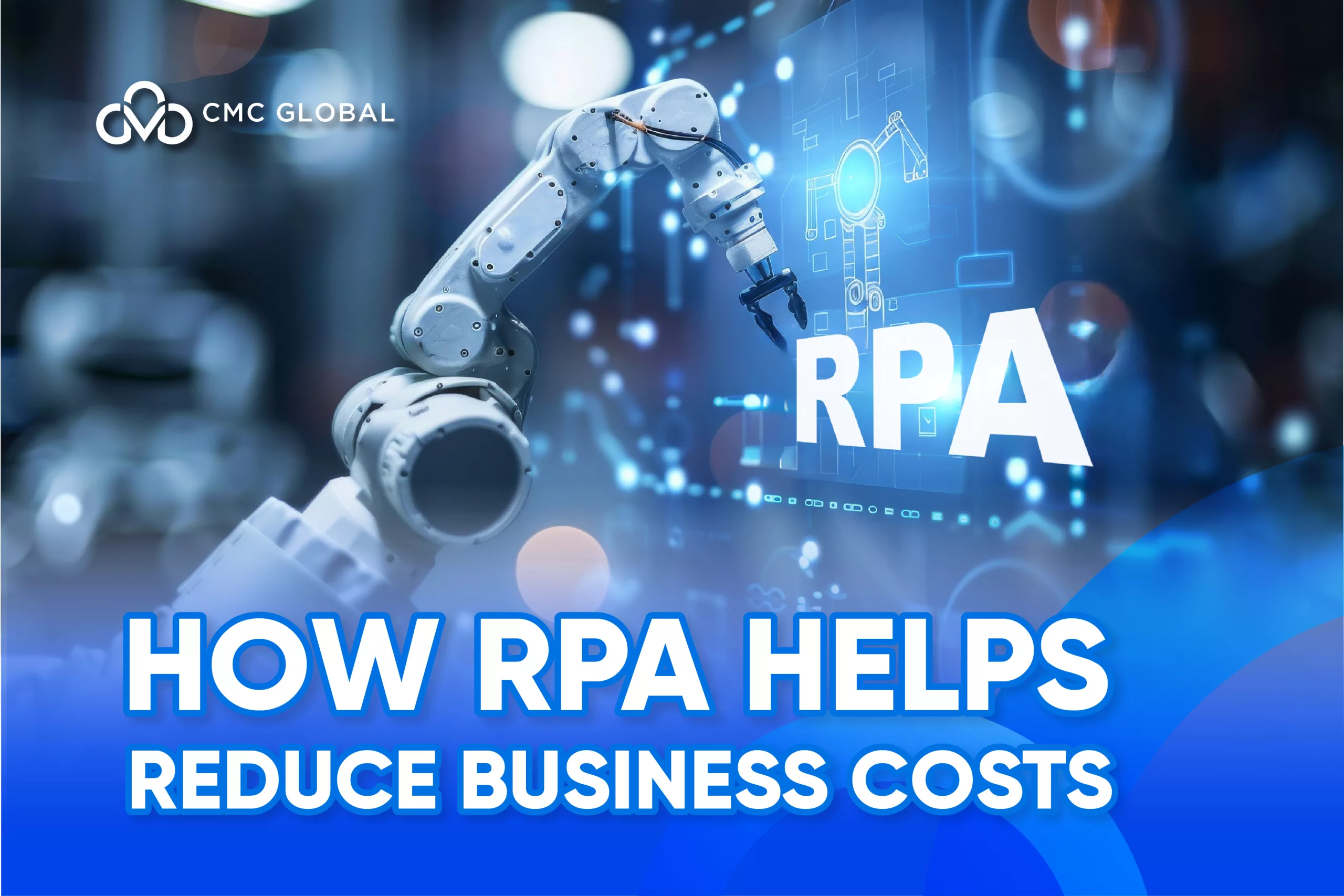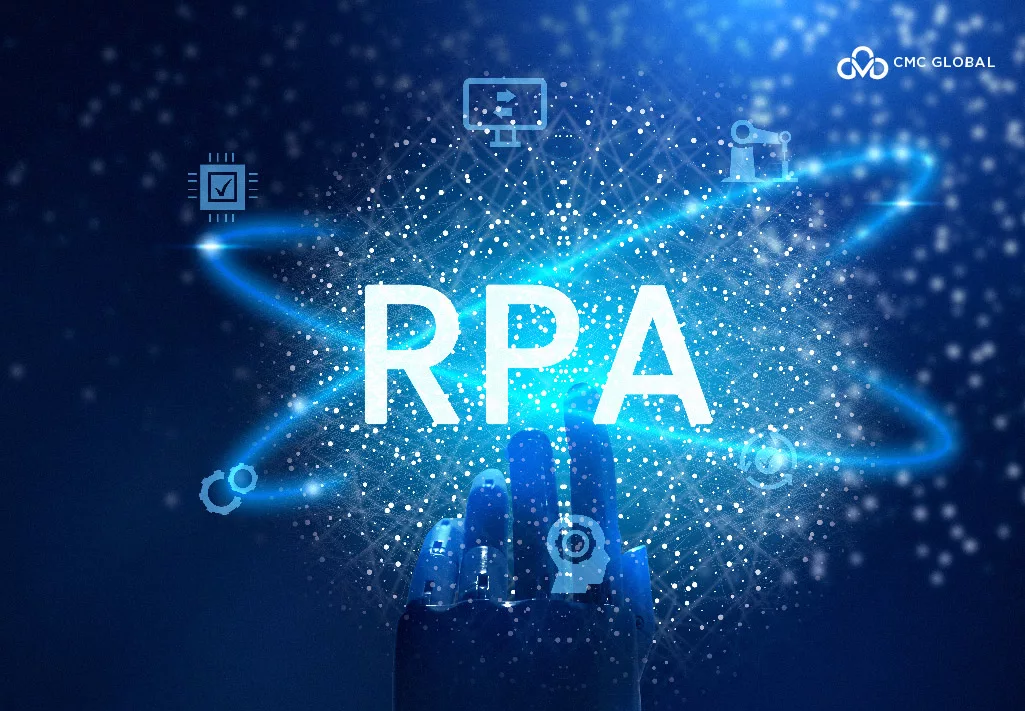Businesses are constantly looking for ways to cut costs while maximizing efficiency. One technology that stands out for its cost-saving potential is robotic process automation (RPA). By automating repetitive tasks, RPA enables companies to streamline operations, reduce human error, and reallocate valuable resources to higher-impact activities.
This blog will explore how RPA is transforming cost management across industries, showcasing the many ways it helps organizations achieve more with less.
The Rise of RPA: Market Insights and Industry Impact
Implementing robotic process automation (RPA) means using software robots to handle repetitive clerical tasks. When enhanced with artificial intelligence, these bots can manage even more intricate processes. Unsurprisingly, businesses are embracing RPA faster: according to a 2024 report from Precedence Research, the RPA market—valued at $22.79 billion in 2024—is expected to grow annually by 25.7% through 2033.
The benefits of RPA for companies are considerable, especially in reducing operational costs. For instance, a 2024 survey by SMA Technologies found that 52% of financial services organizations save at least $100,000 annually through automation.
Read more: RPA 101: The Key to Automating Tasks and Boosting Efficiency
3 Ways RPA Helps With Improving Business Operational Activities
#1 Enhancing data quality

According to a 2023 survey by Monte Carlo Data, over half of respondents believe that data-quality issues impact around 31% of their revenue. The study also reveals that poor data quality can cost companies $3 for every $10 earned.
Integrating RPA bots can help automate error-prone tasks like data entry, significantly reducing data errors. Over time, RPA boosts data accuracy, relevance, and reliability, minimizing costs associated with poor data quality.
Further, companies can enhance data quality by incorporating specific data-processing rules within automation. For instance, a bot can validate and review data to detect missing or duplicate entries, alerting a human worker if issues arise.
Many real-world cases highlight RPA’s impact on data quality. Siemens, for example, deployed an AI bot to detect and correct tax code errors in purchase orders, reducing manual checks and achieving 95% accuracy in tax codes.
#2 Enhancing Cybersecurity

Data breaches are becoming increasingly costly for businesses, with IBM reporting that the global average cost of a data breach reached $4.88 million by 2024.
To help prevent such financial impacts, companies can leverage AI-powered RPA bots. The report indicates that using automation and AI in cybersecurity can save companies an average of $2.22 million annually.
RPA offers many cybersecurity applications. For example, AI-enhanced bots can monitor transactions and user interactions across various systems, instantly identifying cyber threats through unusual activity. These threats can include fraudulent transactions, compromised accounts, or DDoS attacks.
When a security issue is detected, bots can execute initial response actions automatically. For instance, if malware is found in data storage, the bot can isolate the infected file and alert the security team.
Depository Trust and Clearing Corporation (DTCC), a U.S.-based financial services firm, adopted RPA to manage cyber risks more effectively. Following this, the company reported significant improvements, including an 80% reduction in the time to identify intrusions and a 96% faster detection of malicious URLs.
#3 Ensuring Regulatory Compliance

A company that fails to align its work processes with global or industry-specific standards risks damaging its reputation and incurring significant fines from regulatory bodies.
Automated bots can efficiently gather the financial records needed for internal audits from various sources, consolidating them into a unified dataset to facilitate easier analysis. By handling this tedious and time-consuming task, bots enable auditors to concentrate on their primary responsibilities, such as identifying inconsistencies in financial documents.
Additionally, bots can streamline know-your-customer (KYC) and anti-money laundering (AML) processes, ensuring compliance with Financial Industry Regulatory Authority (FINRA) standards. For instance, a bank might employ an AI-driven bot to perform thorough checks on client data prior to offering financial services. This bot can automatically scan documents, extract pertinent client information, and cross-reference it with government or corporate databases to pinpoint and highlight discrepancies.
HBL, the largest bank in Pakistan with over 1,700 branches and 37 million customers worldwide, has implemented more than 100 robotic process automation (RPA) solutions in recent years. This automation has transformed various processes, including sanction screening for new clients, resulting in a remarkable 98% accuracy rate in sanction checks and saving the bank 341,000 working hours annually.
CMC Global – Your Trusted Partner for RPA Services
CMC Global offers comprehensive Robotic Process Automation (RPA) services that help clients streamline operations and enhance efficiency. With deep expertise in automating repetitive tasks and integrating intelligent solutions, CMC Global enables businesses to focus on strategic goals rather than routine processes.
Recently, the company was honored with the Asian Technology Excellence Awards 2024 for its innovative approach to RPA, recognizing the impact of its solutions in transforming how businesses operate. This award reflects CMC Global’s commitment to delivering tailored RPA implementations that meet the unique needs of each client, driving operational improvements, and fostering growth through technology.
Contact us for further details!




